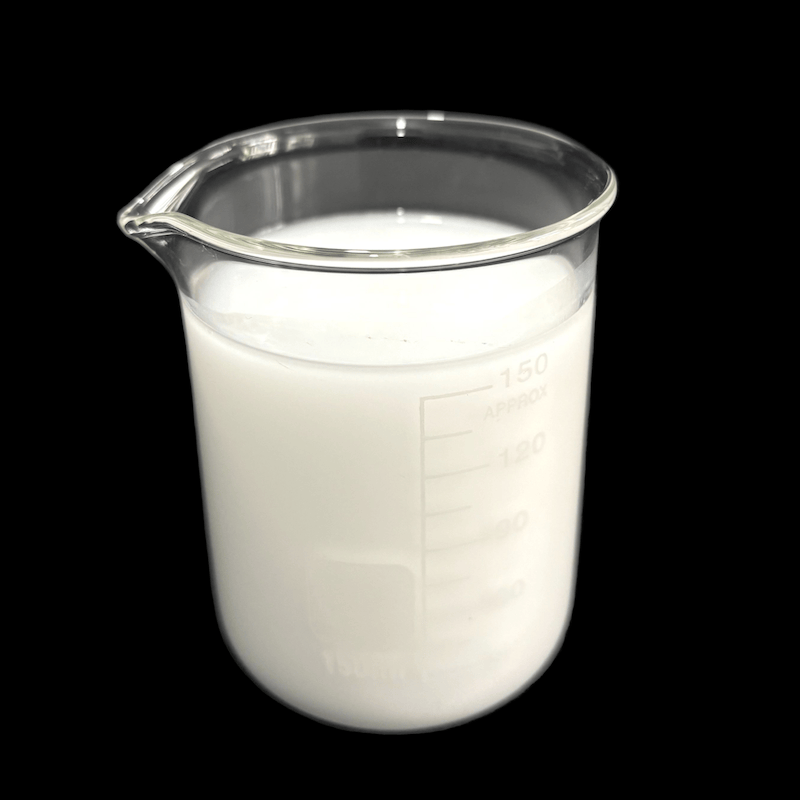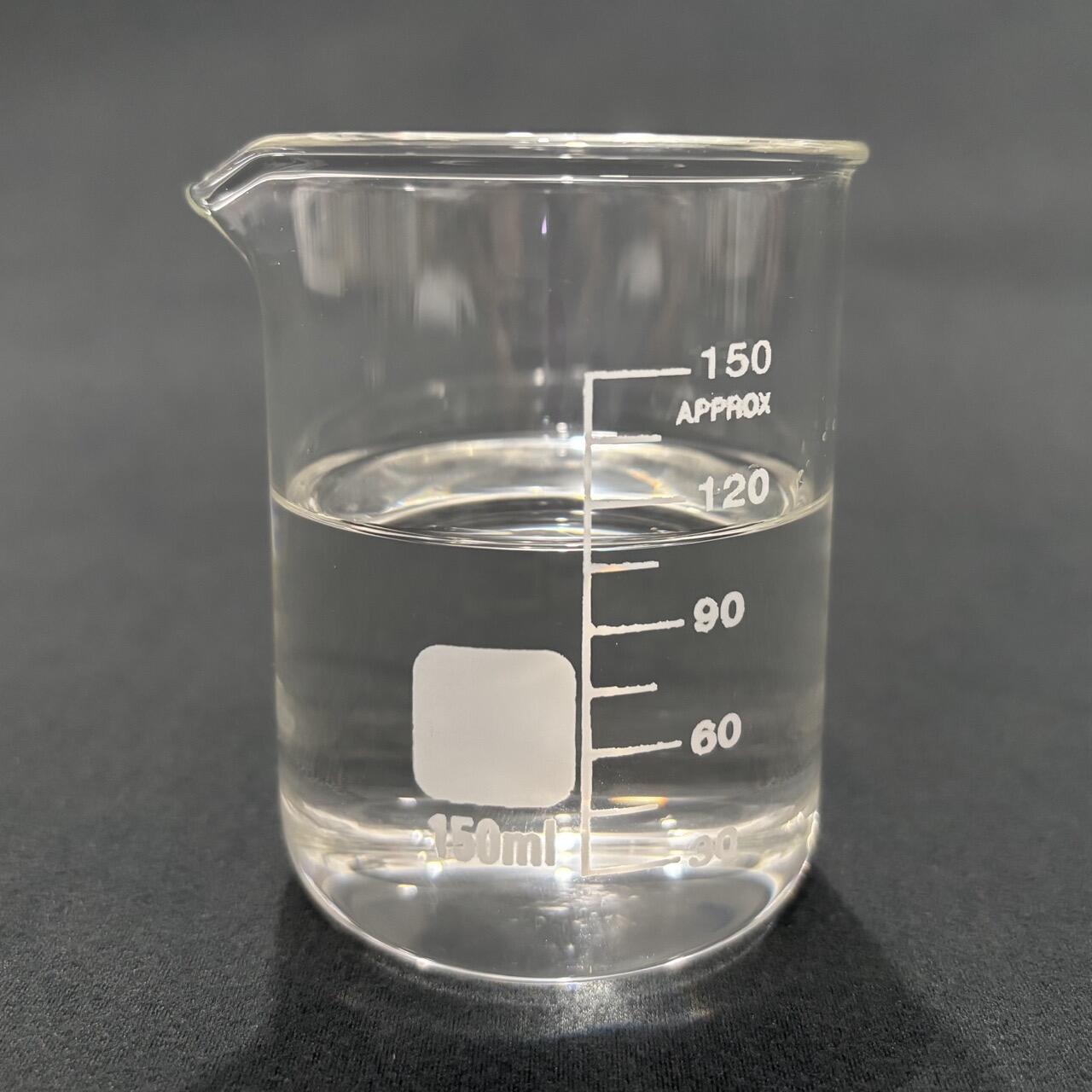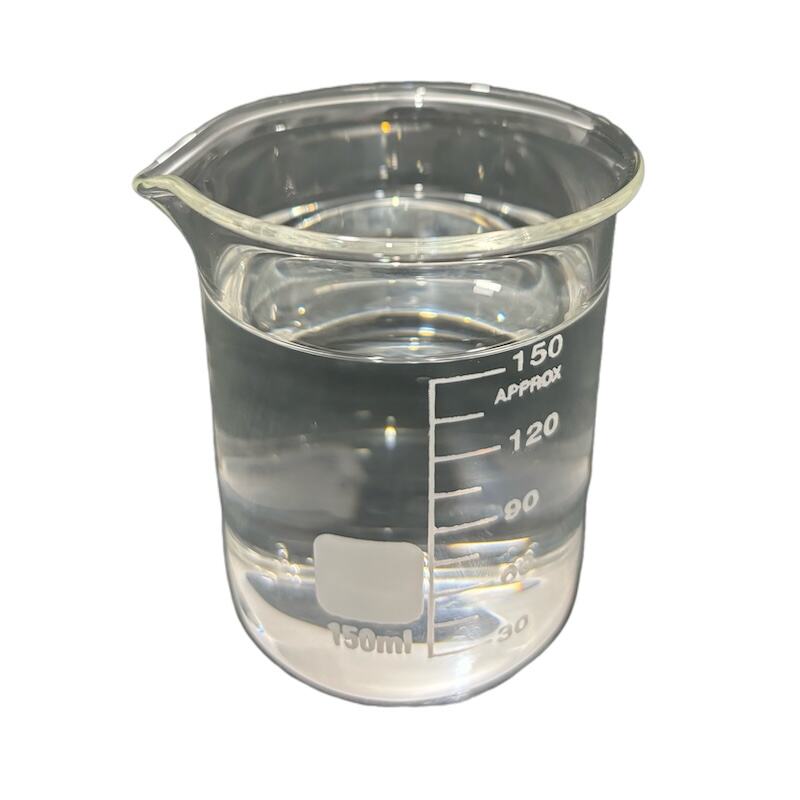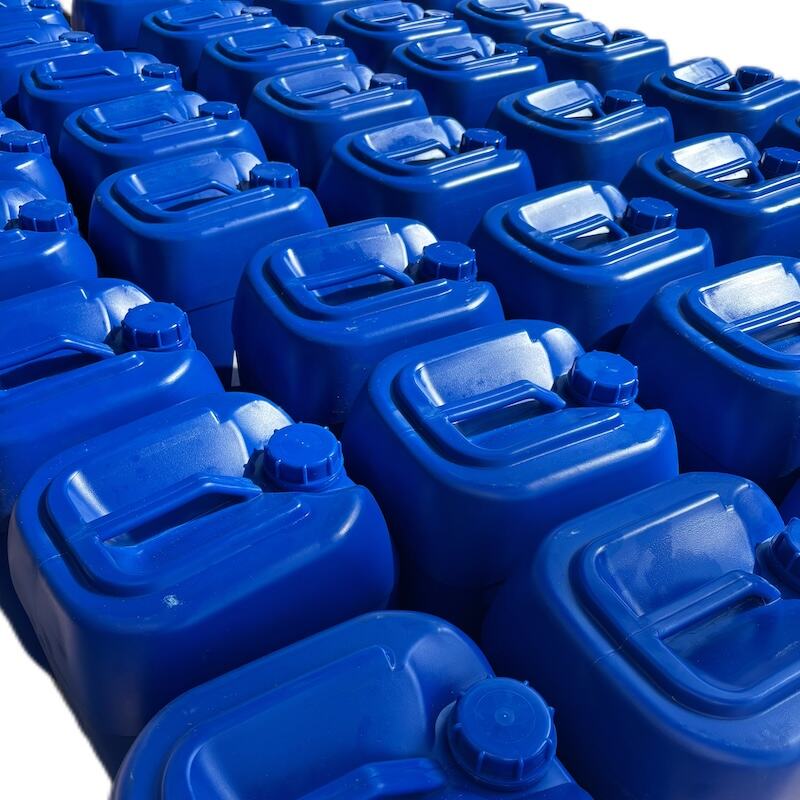pvc leather additives
PVC leather additives are essential components in the manufacturing of synthetic leather materials, playing a crucial role in enhancing both the functionality and aesthetic qualities of the final product. These specialized chemical formulations work to improve flexibility, durability, and processing characteristics of PVC leather materials. The additives typically include plasticizers, stabilizers, lubricants, and various performance enhancers that collectively contribute to the material's overall quality. Plasticizers are particularly important as they provide the necessary flexibility and softness to the PVC leather, making it more suitable for various applications. Heat stabilizers protect the material during processing and extend its service life, while lubricants facilitate easier processing and better surface finish. Modern PVC leather additives also incorporate UV stabilizers to prevent degradation from sunlight exposure and antimicrobial agents to inhibit the growth of bacteria and fungi. These additives are carefully formulated to meet specific performance requirements in various applications, including automotive upholstery, furniture covering, fashion accessories, and industrial applications. The technology behind these additives continues to evolve, with newer formulations focusing on environmental sustainability and improved performance characteristics.








